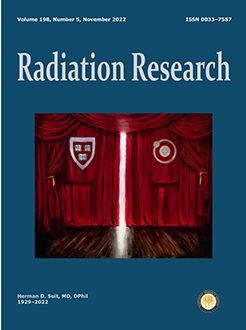Radiofrequency ablation (RFA) is a technology that uses radiofrequency thermal effect to induce coagulation necrosis of tumor tissue under the guidance of imaging. However, distant metastasis of tumor cells caused by tumor angiogenesis can lead to incomplete tumor clearing. In this study, LLC1 cell line was used for the construction of subcutaneous xenografts. Either 10 mg/kg or 20 mg/kg Fosbretabulin disodium (FBTD) was intragastrically administered every 2 days for a week. RFA was performed at the end of medication. The proportion of T cells was examined by flow cytometry. Serum IgG and IgA levels of mice were examined by ELISA. Expression of certain genes was estimated by qRT-PCR assay. In this study, we demonstrated that FBTD was able to significantly enhance RFA-induced immune function in tumor-bearing mice by upregulating RFA-induced CD8+ killer T cells. Consistently, 10 mg/kg or 20 mg/kg FBTD therapy upregulated the percentage of IFNγ+ and TNFα+ CD8+ tumor infiltrating lymphocytes in tumor-bearing mice compared to the RFA alone or FBTD alone group. Mechanistically, we reported that FBTD inhibited the RFA-induced PD-1 and PD-L1 upregulation in vivo. In conclusion, we demonstrated that FBTD promoted the antitumor effects of RFA in lung tumor-bearing mice in this study.
How to translate text using browser tools
31 August 2022
The Efficacy of Fosbretabulin Disodium Combined with Radiofrequency Ablation in Lung Cancer
Jieli Kou,
Junzhong Liu,
Xiaofei Gu,
Na Liu
ACCESS THE FULL ARTICLE

Radiation Research
Vol. 198 • No. 5
November 2022
Vol. 198 • No. 5
November 2022




